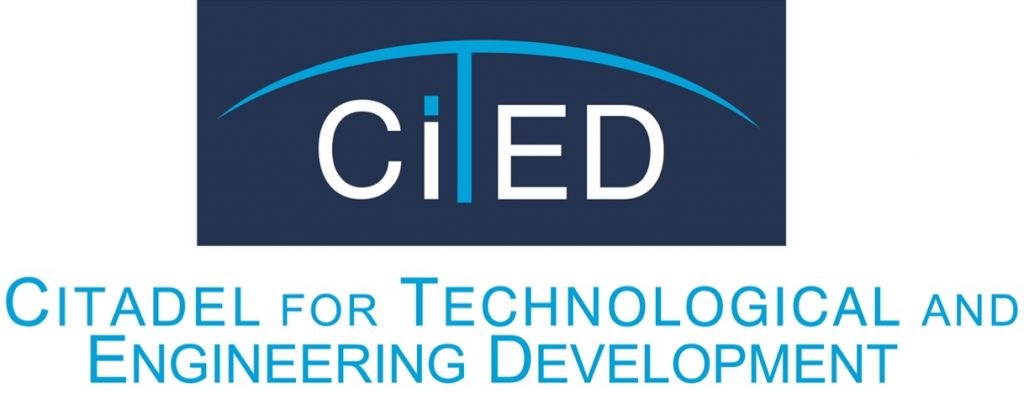Overhead lines are critical components of any power transmission and distribution system. Their reliable operation is essential for ensuring uninterrupted power supply and minimizing disruptions. Preventive maintenance (PM) plays a crucial role in achieving this reliability by identifying and addressing potential problems before they lead to failures. However, with various PM approaches available, selecting the most effective one can be challenging.

Introduction:
Overhead lines are critical components of any power transmission and distribution system. Their reliable operation is essential for ensuring uninterrupted power supply and minimizing disruptions. Preventive maintenance (PM) plays a crucial role in achieving this reliability by identifying and addressing potential problems before they lead to failures. However, with various PM approaches available, selecting the most effective one can be challenging.
Objectives:
- Overview of overhead line components and their functions
- Importance of preventive maintenance for overhead lines
- Common failure modes and their impact
- Introduction to different preventive maintenance approaches (condition-based, time-based, risk-based)
Content:
Day 1 : Understanding Overhead Lines and Preventive Maintenance
- Hands-on session: Identifying potential failure modes in overhead line components through visual inspection and basic testing techniques
- Case studies: Analyzing real-world examples of successful and unsuccessful PM implementation
Day 2 : Evaluating Preventive Maintenance Techniques
- In-depth exploration of condition-based maintenance (CBM):
- Techniques for condition monitoring of overhead lines (e.g., ultrasonic testing, infrared thermography)
- Data analysis and interpretation for CBM decision-making
- Time-based maintenance (TBM):
- Advantages and limitations of TBM for overhead lines
- Developing effective TBM schedules based on historical data and industry
Day 3 : Implementing and Optimizing the Chosen Approach
- Best practices for continuous improvement of PM programs:
- Performance monitoring and evaluation
- Benchmarking against industry standards
- Adapting the PM approach based on new technologies and emerging trends
- Wrap-up session: Q&A and concluding remarks.
Conclusion:
By the end of this training program, you will be able to:
- Explain the importance of preventive maintenance for overhead lines.
- Identify and describe different preventive maintenance approaches.
- Evaluate the effectiveness of various PM techniques based on specific network conditions.
- Develop and implement a comprehensive PM program for your overhead line network.
- Continuously improve your PM program for optimal performance and cost-

